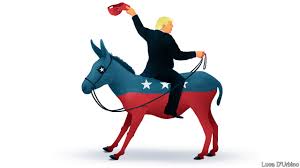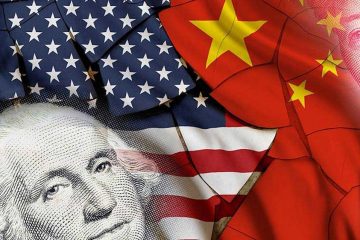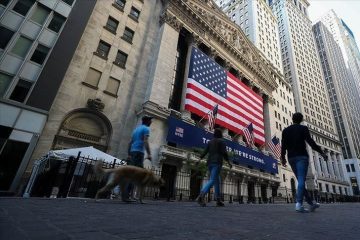Naughty investment banks win more IPO business

PUBLIC OPPROBRIUM ought to be something to avoid. It has laid low mighty men in Hollywood accused of sexual misdeeds and sporting heroes caught pumping drugs. But it is not bad for everyone: for some populist politicians it can be fuel to their supporters’ fire. And a new study* suggests that Wall Street’s sins have a surprising side-effect: press reports of bad behaviour by investment banks during and after the financial crisis were good for business.
Thomas Roulet, of Cambridge University’s Judge Business School, sifted all the editorial and opinion articles about the financial industry in the New York Times, Wall Street Journal and Washington Post published between 2006 and 2011. He built a list of 204 terms of reproach, signifying greed (eg, “avarice”), violence (“rapacity”), extreme risk-taking (“gambling”) or opacity (“manipulation”). He then searched the whole of those newspapers for uses of the words applying to 28 investment banks. During the period banks were roundly chastised, for example in reports by Andrew Cuomo, New York’s attorney-general, in 2009, and by the Senate in 2011.
Mr Roulet found that the more disapproval a bank earned—measured by the density of reproachful words in articles about it—the more fees it earned too. Specifically, it was likelier to oversee initial public offerings of American companies’ shares between 2007 and 2011. Of course, bigger banks attract more coverage; Mr Roulet controls for that, partly by using the density of critical words, not the total. And other factors also matter: the more shares a bank had placed in the past year, say, or the more “bookrunners” an IPO had, the better its chances of being hired.
A finer analysis shows that adverse reports in the Journal gave a bank by far the biggest boost. What the media, and hence the public, found disreputable, Mr Roulet concludes, potential clients saw as evidence of professional prowess. Banks don’t revel in being cast as villains. It may help them just the same.
* “Sins for some, virtues for others: banks’ misconduct and adherence to professional norms during the financial crisis”, by Thomas Roulet. Forthcoming in Human Relations.
This article appeared in the Finance and economics section of the print edition under the headline “When vice is virtue”


